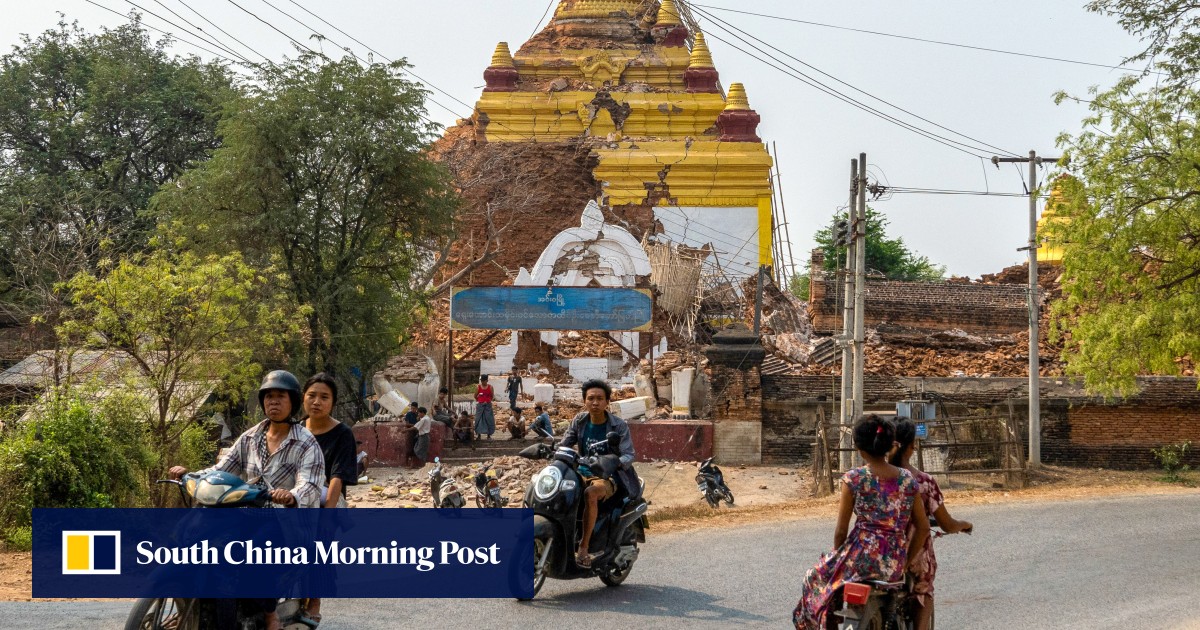DHAKA - Myanmar has confirmed that 180,000 Rohingya refugees living in Bangladesh since fleeing their homeland are eligible to return, the Bangladesh government’s press office said on April 4.
The announcement, following talks in Bangkok, offered a possible breakthrough in the long-stalled repatriation process, although many Rohingya refugees say all of them should be allowed to go home.
More than a million Rohingya have been crammed into the camps in south-eastern Bangladesh, the world's largest refugee settlement. Most fled a brutal crackdown by Myanmar's military in 2017, although some have been there for longer.
Around 70,000 Rohingya crossed into Bangladesh last year, many fleeing worsening hunger and violence in Myanmar’s Rakhine State.
April 4's announcement followed a meeting in Bangkok between Mr Khalilur Rahman, High Representative of Bangladesh’s interim government led by Nobel laureate Muhammad Yunus, and Mr Than Swe, Myanmar’s deputy prime minister and foreign minister, on the sidelines of the 6th Bay of Bengal Initiative for Multi-Sectoral Technical and Economic Cooperation (Bimstec) Summit.
The 180,000 names were part of a list of 800,000 Rohingya that Bangladesh submitted to Myanmar in six batches between 2018 and 2020. Myanmar has also indicated that final verification of another 70,000 refugees is pending further review of photographs and identity details.
The statement said Myanmar had pledged to expedite the verification process for the remaining 550,000 names on the original list.
Myanmar's government did not immediately comment on the outcome of the meeting in Bangkok.
The Rohingya refugees have little hope of returning to their homeland, where they continue to face systematic denial of citizenship and basic rights.
Attempts to begin repatriation in 2018 and 2019 failed as the refugees, fearing prosecution, refused to go back.
"After all these years, they are confirming only 180,000 names. This feels like nothing more than an eyewash. We want a genuine solution," one Rohingya refugee, Shafiqur Rahman, told Reuters.
"Myanmar must take all of us back — not just a selected few — and they must ensure we return with full rights, dignity, and citizenship. Without that, this process means nothing to us." REUTERS
Join ST's Telegram channel and get the latest breaking news delivered to you.

 By The Straits Times | Created at 2025-04-04 16:20:57 | Updated at 2025-04-05 01:30:57
11 hours ago
By The Straits Times | Created at 2025-04-04 16:20:57 | Updated at 2025-04-05 01:30:57
11 hours ago








